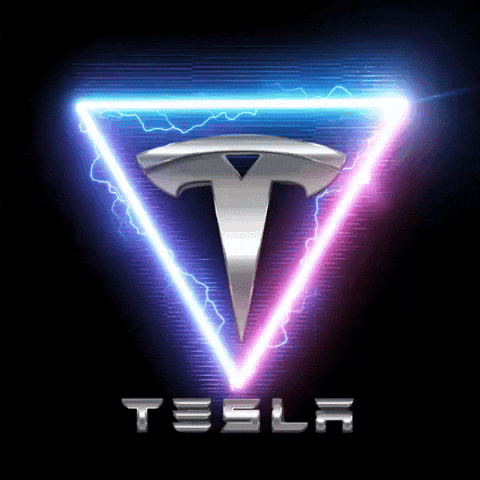
Title: The Fall of Tesla in Europe: A Tale of Competition and Political Backlash The automotive industry has always been a competitive space, but recent events have shown that even the mighty Tesla is not immune to market fluctuations. In Germany, where Tesla was once the second best-selling electric car, sales have taken a nosedive due to an increase in competition and public disapproval of Elon Musk’s political involvement. This blog post aims to provide a detailed analysis of this news event, its historical context, potential implications, and our perspective on its significance. Historically speaking, Tesla has been at the forefront of electric vehicle (EV) technology since its inception. The company’s innovative approach to sustainable transportation has won over many consumers who are looking for environmentally friendly alternatives to traditional gas-powered vehicles. However, as more automakers enter the EV market and invest heavily in research and development, Tesla finds itself facing stiff competition from established players like Volkswagen, BMW, and Mercedes-Benz. These companies have been quick to capitalize on consumer demand for electric cars by launching their own line of EVs with advanced features that rival or even surpass those offered by Tesla. In addition to the rise of competitors, another factor contributing to Tesla’s decline in Europe is the backlash against Elon Musk’s involvement in U.S. politics. As CEO of a major corporation, Musk has used his platform to express support for certain political figures and policies that have not resonated well with European consumers. This public display of partisanship has led many potential buyers to question Tesla’s commitment to sustainability and social responsibility – values that are deeply ingrained in the European market. The implications of this downturn in sales for both Tesla and the EV industry as a whole cannot be overstated. For Tesla, it serves as a wake-up call to refocus its efforts on innovation and product development while also addressing concerns about corporate governance. The company must learn from its mistakes and adapt quickly if it hopes to regain its position as a leader in the EV market. On the other hand, this news event highlights the growing importance of social responsibility and political neutrality for businesses operating in Europe. Consumers are increasingly demanding that companies align their values with those of society at large – something that Tesla may have failed to do by allowing its CEO’s personal beliefs to overshadow its mission statement. In conclusion, while the fall of Tesla sales in Germany is undoubtedly a setback for the company and the EV industry as a whole, it also presents an opportunity for growth and learning. By addressing these challenges head-on, both Tesla and other automakers can emerge stronger and more committed to creating sustainable transportation solutions that meet the needs of today’s consumers while respecting their values and beliefs.
Source: [Original Article](https://www.washingtonpost.com/world/2025/09/04/tesla-europe-germany-musk-sales/)
#after
Check out my AI projects on Hugging Face, join our community on Discord, and explore my services at GhostAI!

